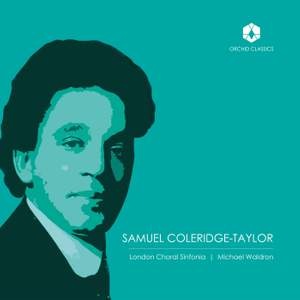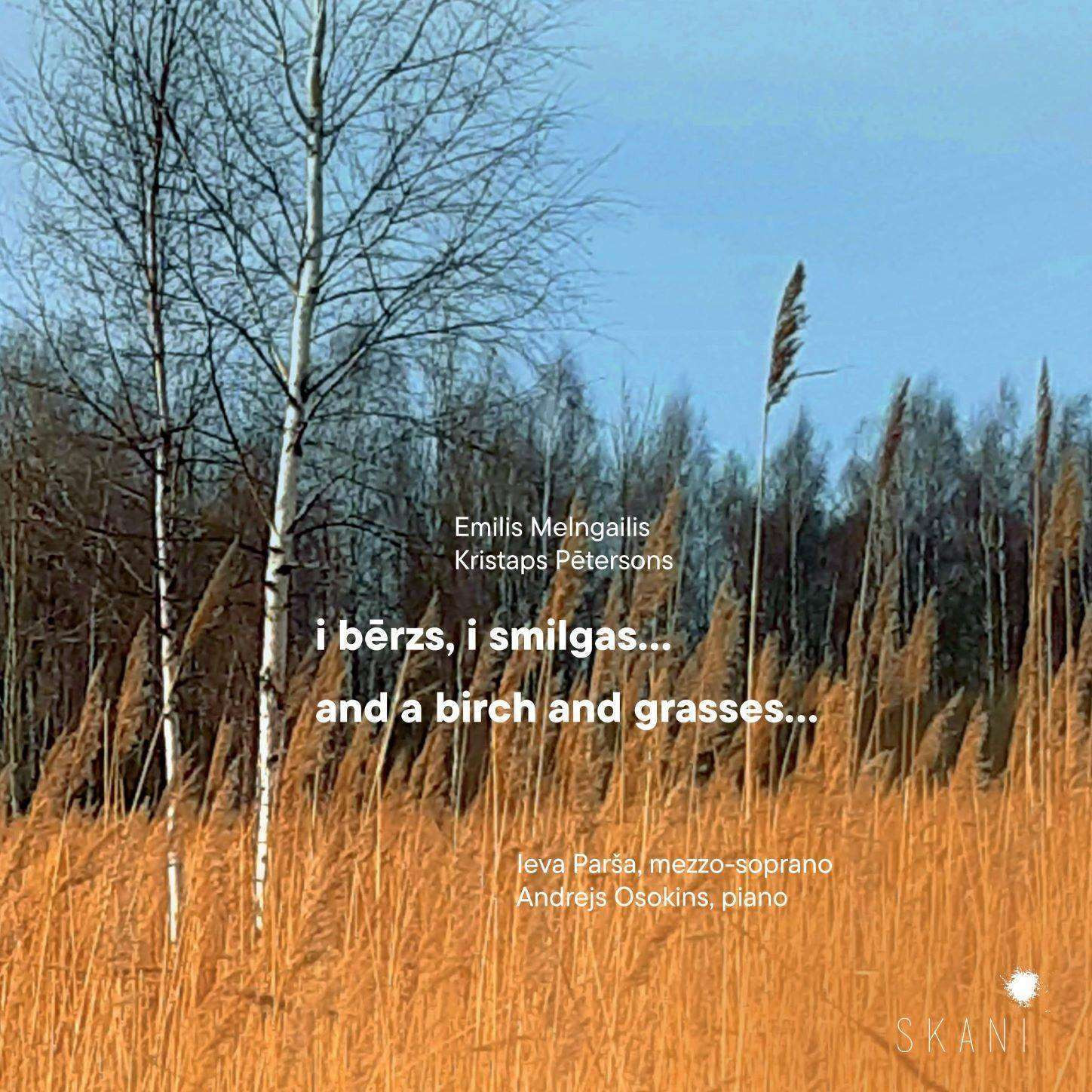Hartmann's Violin Concerto has been recorded by Joshua Bell with the INSO-Lviv under Dalia Stasevska and reportedly this will be released in July. I haven't heard any excerpts of this piece (or of much of his other work) to be able to assess if Hartmann's music will fall within the remit of this forum. de Hartmann's dates were 1884-1956.
https://www.theguardian.com/music/2024/jan/16/dalia-stasevska-joshua-bell-interview-ukraine-kyiv-russia
https://www.standard.co.uk/culture/music/dalia-stasevska-conductor-dalias-mixtape-bbc-so-ukraine-b1142142.html
https://en.wikipedia.org/wiki/Thomas_de_Hartmann
https://www.theguardian.com/music/2024/jan/16/dalia-stasevska-joshua-bell-interview-ukraine-kyiv-russia
https://www.standard.co.uk/culture/music/dalia-stasevska-conductor-dalias-mixtape-bbc-so-ukraine-b1142142.html
https://en.wikipedia.org/wiki/Thomas_de_Hartmann






